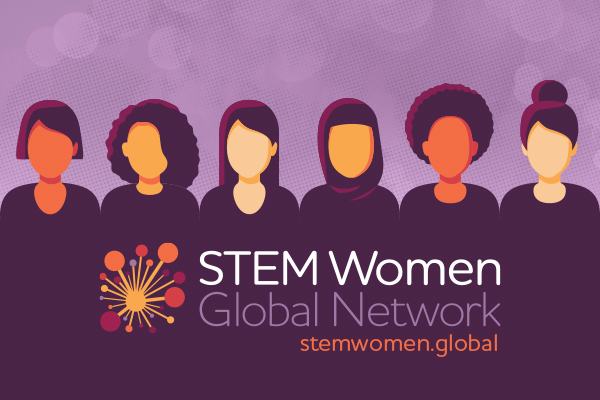
Karen Lee-Waddell
Director
Australian SKA Regional Centre
Project Scientist
WALLABY Survey (https://wallaby-survey.org)
Contact me for
- Providing an expert opinion
- Outreach activities
- Conference presenting
- Opportunities to collaborate
Biography
Dr Karen Lee-Waddell is the Director of the Australian SKA Regional Centre (AusSRC, https://aussrc.org), which is a partnership between CSIRO, Curtin University, the Pawsey Supercomputing Centre, and the University of Western Australia. In this role, she is leading the Australian effort to build computing and data intensive research capabilities to support astronomers using current and next generation radio telescopes. She is also currently the Project Scientist for WALLABY (https://wallaby-survey.org), the all-sky survey that aims to detect and image the gas distribution in hundreds of thousands of galaxies using CSIRO’s ASKAP telescope.
Karen completed all of her education in Ontario, Canada -- including a PhD at Queen’s University, MSc at the Royal Military College of Canada, BA(hons) at McMaster University, and a BSc(hons) also at McMaster. During her first undergraduate degree, Karen joined the Royal Canadian Navy as a Logistics Officer. For 13 years, she was an active Reservist serving with units in Canada -- primarily HMCS STAR and HMCS CATARAQUI -- and in Australia (as a foreign exchange officer) working with the 8th Combat Service Support Battalion. In 2019, Karen was awarded with a Canadian Forces' Decoration medal for long service and good conduct.
In 2015, Karen moved to Sydney, Australia as a Postdoctoral Fellow to pursue a dream of exploring the Universe with the technology made possible by CSIRO and the Australia Telescope National Facility. Her research focuses on galaxy interactions and physical processes governing these systems, in order to better understand how the Universe is evolving and hopefully solve some of the greatest mysteries of the still unknown.
Karen is also passionate about science education and public outreach. She often volunteers in schools (as a part of the STEM Professionals in Schools program) and contributes to events aimed at sharing science and research with society, hoping to inspire the next generation of scientists.
Karen identifies as culturally and linguistically diverse.

 Resources and Opportunities
Resources and Opportunities Women in STEM Champions
Women in STEM Champions
 Contact
Contact